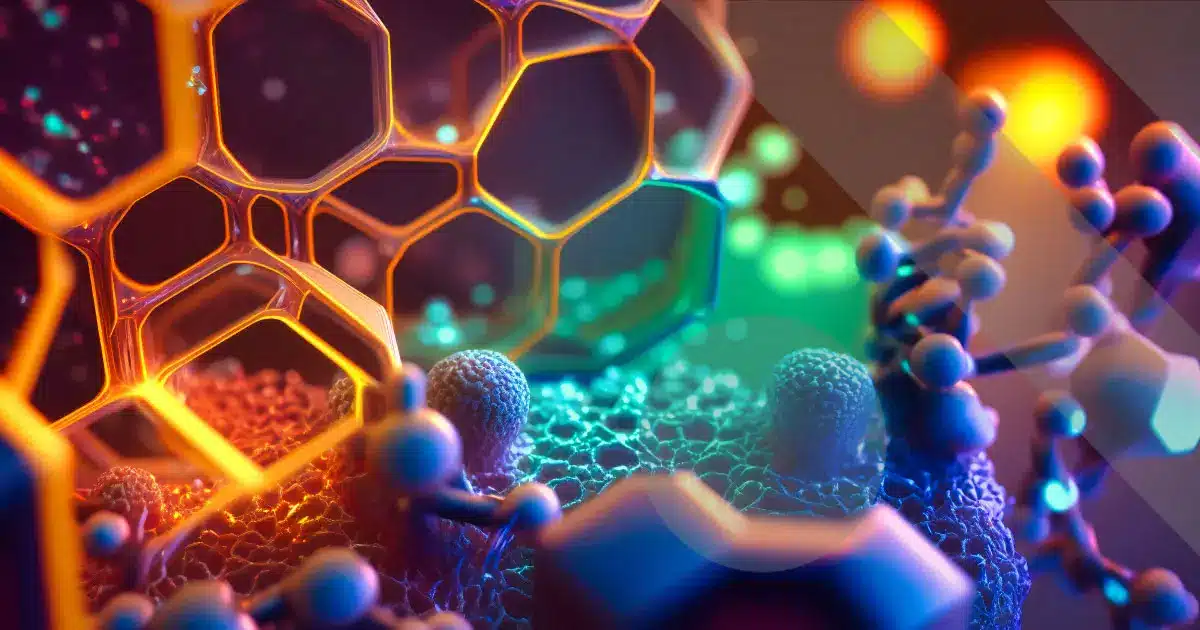2.5 DAY IN-PERSON HANDS-ON MASTERCLASS | DUBAI
Running MD Simulation with Deep Learning
Artificial Intelligence approaches for Molecular Dynamics Simulation
- November 08-10, 2024 | 10:00 AM - 05:30 PM
- Ramada by Wyndham, 10 - 8 Al Rabeea' 1 St - Barsha Heights - Dubai
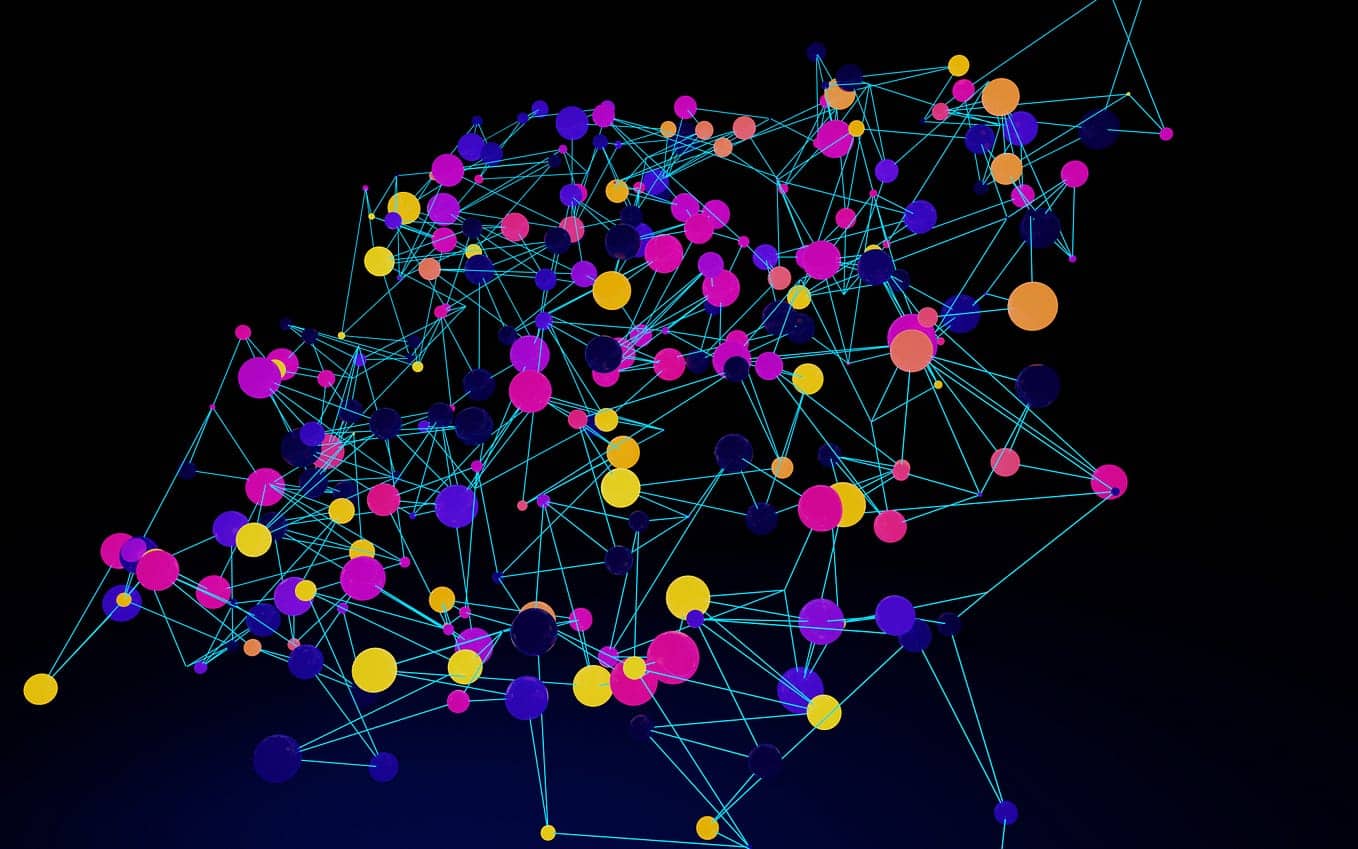

Intensive Learning

Hands-On Exercise

Interactive Sessions

Individual Practice
Introduction to Masterclass
MD (Molecular Dynamics) Simulation with Deep Learning is a critical technique in computational chemistry, biology, and materials science, enabling the study of atomic and molecular systems over time. The integration of MD simulation with deep learning has recently emerged as a groundbreaking approach, enhancing the accuracy and efficiency of these simulations.
MD simulation with deep learning leverages the power of neural networks to predict and model the complex interactions between particles. Traditional MD simulations, while powerful, are computationally intensive and often require significant time and resources. Deep learning algorithms, however, can accelerate these processes by learning from existing data to predict molecular behavior and interactions with remarkable speed and precision.
One of the key advantages of using deep learning in MD simulation is its ability to handle large datasets and identify patterns that are not easily discernible through conventional methods. This capability not only speeds up simulations but also improves the accuracy of predictions, leading to more reliable results in studies ranging from drug discovery to material design.
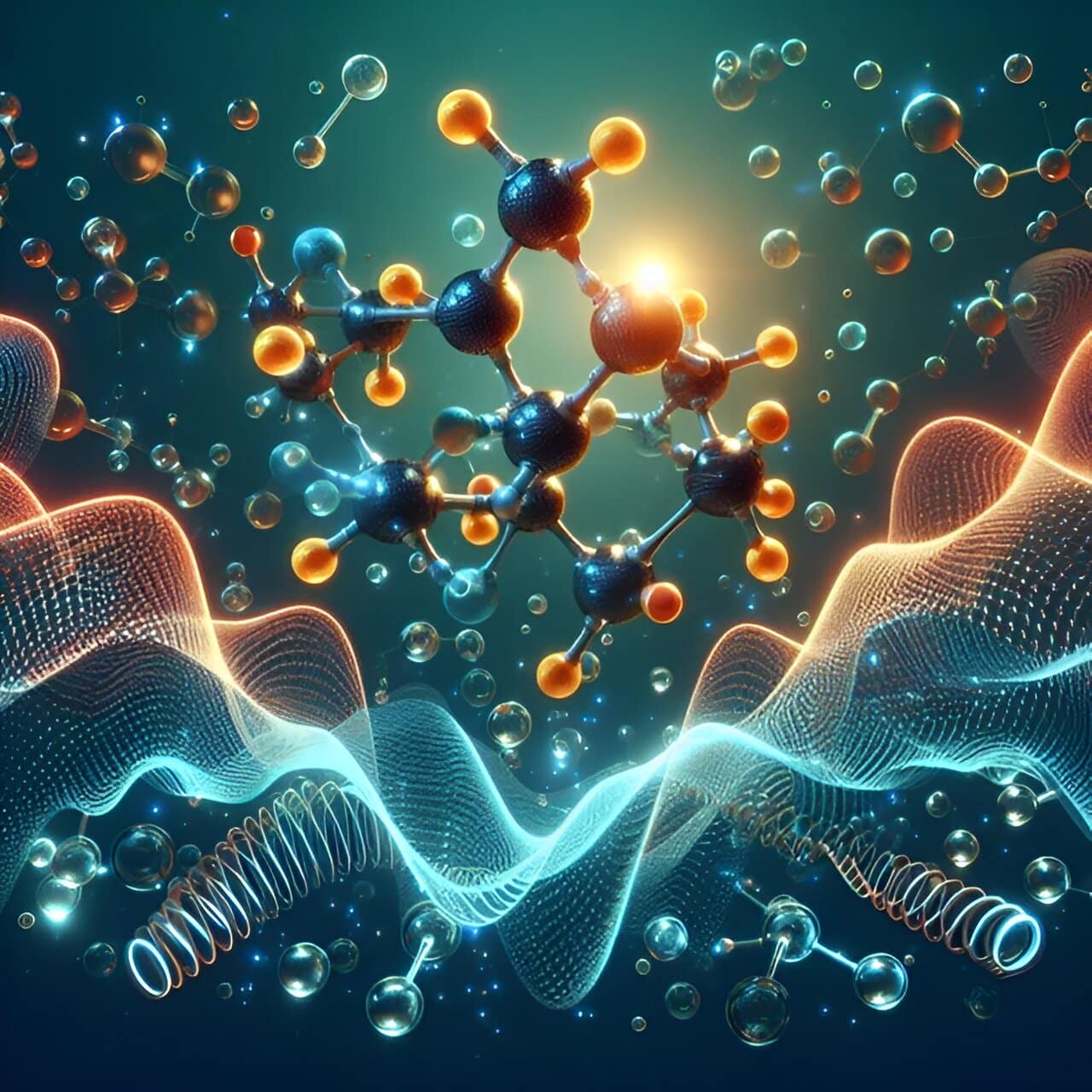
Applications of MD Simulation with Deep Learning
In this section we are discussing some of the potential areas of application of MD Simulation with Deep Learning & how it can be helpful in these areas to carryout analysis.
Drug Discovery and Development
MD simulation with deep learning plays a pivotal role in drug discovery by predicting the interaction between drug molecules and biological targets.
Protein Folding and Dynamics
Understanding protein folding is crucial for insights into various diseases and biological processes. Deep learning-enhanced MD simulations can predict the folding pathways and structures of proteins with high accuracy.
Material Science and Nanotechnology
Incorporating deep learning allows for faster and more precise simulations of complex materials, aiding in the design of advanced materials with specific properties for use in electronics, energy storage, and nanotechnology.
Enzyme Engineering
MD simulations with deep learning can predict how changes in enzyme structure affect function, guiding the design of more efficient and robust enzymes for applications in biotechnology, pharmaceuticals, and biofuels.
Chemical Reaction Mechanisms
Understanding the mechanisms of chemical reactions is fundamental to chemistry and chemical engineering. MD simulations with deep learning can model complex reaction pathways and predict the outcomes of reactions under various conditions.
Different Types of Analysis
Majorly, there are 3 different types of analysis using MD Simulation with Deep Learning so below we have tried to list them down to help you take better decision if this masterclass will be relevant for your learning and be helpful in your intended area of research.
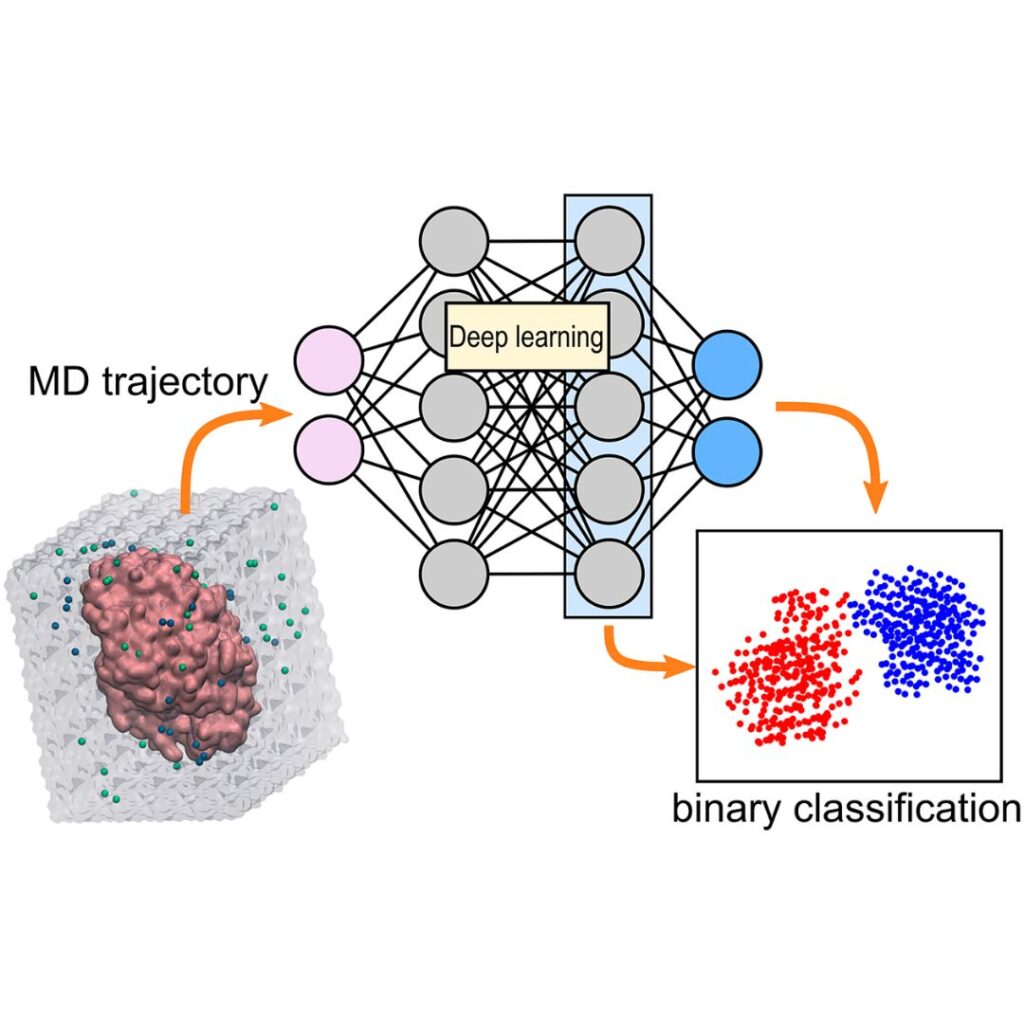
Trajectory Analysis & Prediction
One of the primary analyses in MD simulation is the study of particle trajectories over time for a molecule or a complex.
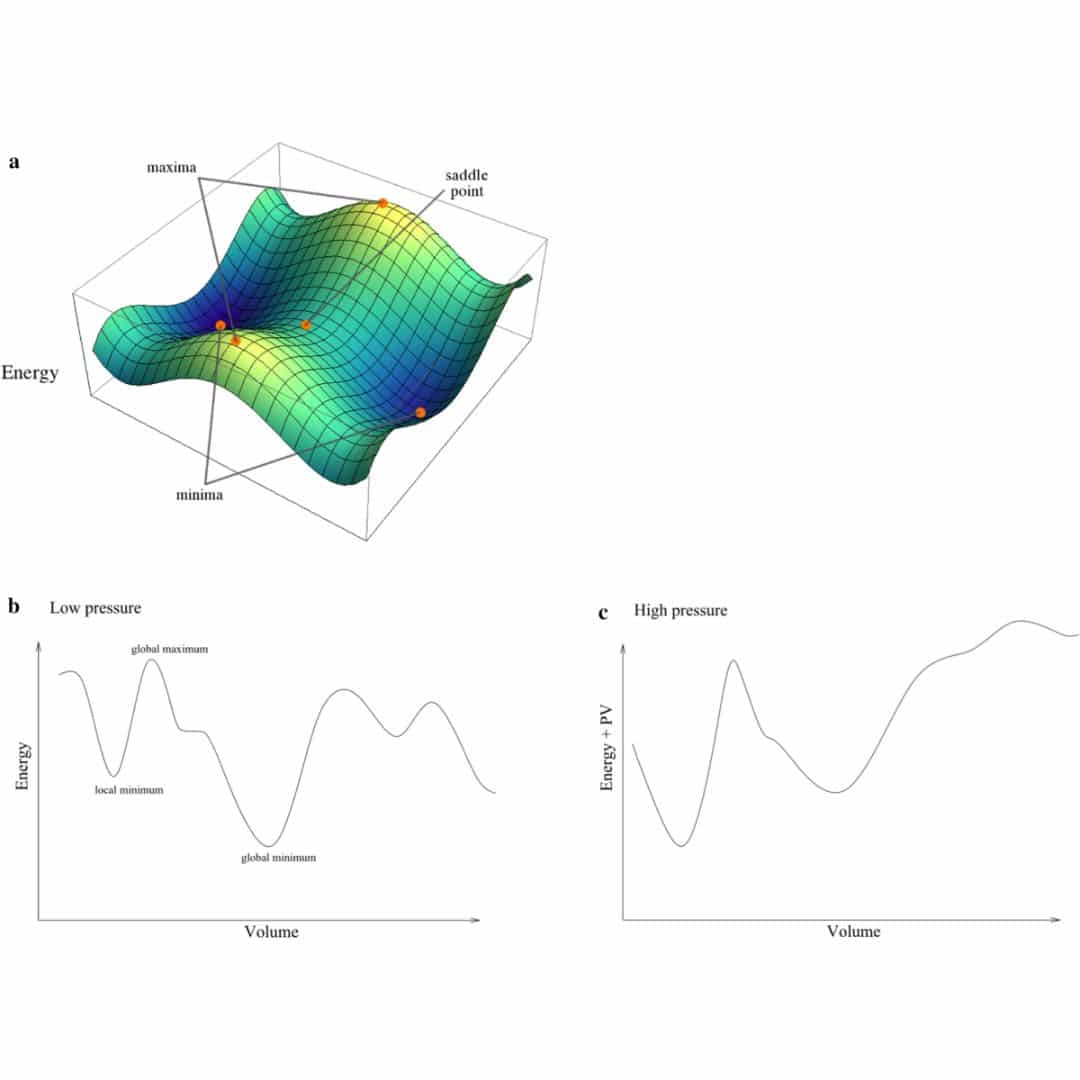
Energy Landscape Exploration
Deep learning-enhanced MD simulations can analyze and map the energy landscapes of molecular systems.
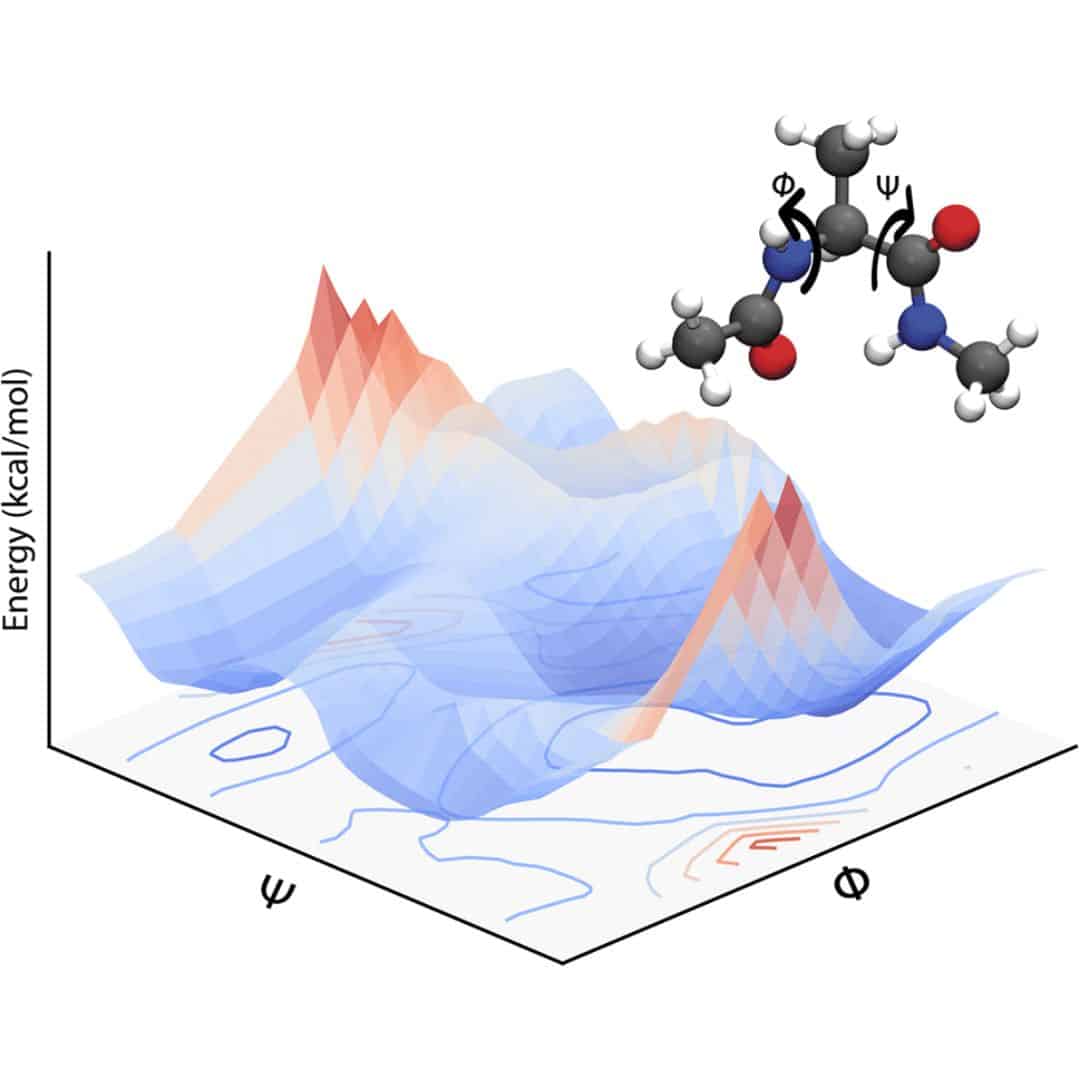
Interaction Network Analysis
Analyzing the network of interactions within a molecular system is another key application of MD simulations with deep learning.
Detailed Agenda of The Masterclass
Deep Learning models can be trained to recognize and simulate rare events that are critical in understanding biological processes and material properties. This is particularly beneficial in fields such as protein folding and chemical reactions, where traditional MD simulations may struggle to capture these infrequent but significant occurrences.
DAY 1 – November 08, 2024 (Friday)
10:00 AM - 11:15 AM
Collecting & Preparing the Data, setting up the system for running simulation.
11:15 AM - 11:30 AM
Tea/Coffee & Stretching Break
11:30 AM - 01:00 PM
Running the md simulation process using python libraries, getting trajectory file.
01:00 PM - 01:45 PM
Lunch Break
01:45 PM - 03:30 PM
Introduction to Deep Learning, Applications of Deep Learning for md simulation.
03:30 PM - 03:45 PM
Tea/Coffee & Stretching Break
03:45 PM - 04:45 PM
Performing Exploratory Analysis of the prepared data and creating workflow.
04:45 PM - 05:15 PM
Q&A and Doubts Session
DAY 2 – November 09, 2024 (Saturday)
10:00 AM - 11:15 AM
Introduction to Interactive platform to build and run neural netwrok for practice.
11:15 AM - 11:30 AM
Tea/Coffee & Stretching Break
11:30 AM - 01:00 PM
Gathering the required information and training a Neural Network Potential
01:00 PM - 01:45 PM
Lunch Break
01:45 PM - 03:30 PM
Using the trained Neural Network Potential for evaluation purpose.
03:30 PM - 03:45 PM
Tea/Coffee & Stretching Break
03:45 PM - 04:45 PM
Generating the Visualizations- Energy vs. Time Plot, RDF, PMF, RMSD, Data Saving
04:45 PM - 05:15 PM
Q&A and Doubts Session
DAY 3 – November 10, 2024 (Sunday)
10:00 AM - 11:15 AM
Creating the automation of the process for saving time on future works.
11:15 AM - 11:30 AM
Tea/Coffee & Stretching Break
11:30 AM - 01:00 PM
Tips on building an interactive tool to get the whole work done even faster and easier.
01:00 PM - 01:45 PM
Certificate Distribution, Concluding the Masterclass followed by Lunch.
TakeAway From The Masterclass
MD simulation with deep learning represents a significant advancement in the realm of molecular simulations. By combining the robustness of MD techniques with the predictive power of deep learning, researchers can achieve more accurate, efficient, and insightful simulations, paving the way for innovations in various scientific and industrial applications.
Apart from the topics mentioned above there are a few extra things which you can take away from this bootcamp, which will be adding more value to your work
An introductory theory document to help you better understand the subject will also be provided.

After the completion of the session complete access to the trainers slide deck will also be provided

We will also be providing a complete access to trainers repository so that you can use it as reference later

During the course of 3 days we will be have live8+ hourse of training sessions with the participants.

Hands-On exercises are a must to better learn any technology and be able to reproduce it later.

A Participations certificate is a must after successfully completing the training as a sign of accomplishment.

Expected Outcomes of the Masterclass
After completing all the tasks of this masterclass all of our participants will be able to:
By integrating deep learning with MD simulations, researchers can significantly reduce computation times. Deep Learning Models once trained, can predict molecular behaviors
The combination of MD simulations and deep learning can reveal new insights into molecular and material behaviors it can uncover rare events like specific folding pathways Etc.
Deep learning algorithms can capture complex patterns and interactions within molecular systems that traditional MD simulations might miss.
MD simulation with deep learning facilitates the rational design of new molecules and materials with desired properties. By accurately predicting modifications at the atomic levels.
Registration Fee
Early-Bird Registration Ends On September 30, 2024
Participants need to share the scanned copy of their Institutional ID Card to masterclass.edgenebiomed@gmail.com to complete their registration after completing the payment.
Student Registration (UG/PG/PhD)
Early-Bird Fee – $ 225
Regular Registration – $ 350
Late Registration – $ 400
Researcher Registration (PDF/JRF/SRF)
Early-Bird Fee – $ 300
Regular Registration – $ 400
Late Registration – $ 500
Working Professionals (Faculty Members, Etc.)
Early-Bird Fee – $ 375
Regular Registration – $ 475
Late Registration – $ 550
Terms & Conditions
- All fee paid is not refundable so please read all the terms & conditions before making any payments. If you still have any doubts please contact us and confirm and then only make the payment.
- Participants need to bring their registration tickets along with a valid Institutional ID, then only they will be allowed to attend the session. Please reach out to our team in case of any exceptions.
- Please fill all your details in the form correctly as those details will be used in your certificate as well.
- Participants need to bring their own computer (laptop) system for the program.
- The software tools and other required software tools will be provided from our side for the purpose of this program.
- Participants need to reach the venue and report 30 minutes prior to the start of the sessions.
- Participants need to wear masks all the time inside the premises and abide by the other rules at the premises.
- Particpants need to attend all the sessions in order to be eligible for getting the certificate.
- Welcome email will be sent to all the participants with all the details related to the program. Please check your Inbox/Spam folder for the email.
- All the details of the software installations and how to prepare your system for the Program will be shared with all the participants in the Welcome Email itself.
Contact Us
We understand that you may have some questions before you make the payment for the course. Feel free to get in contact with us through the below given options.
Feel free to drop us a text on
For More Contact Information

